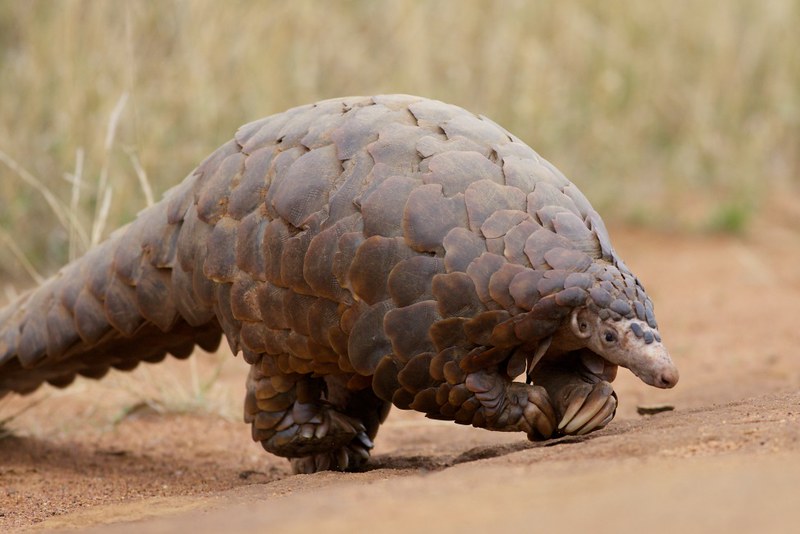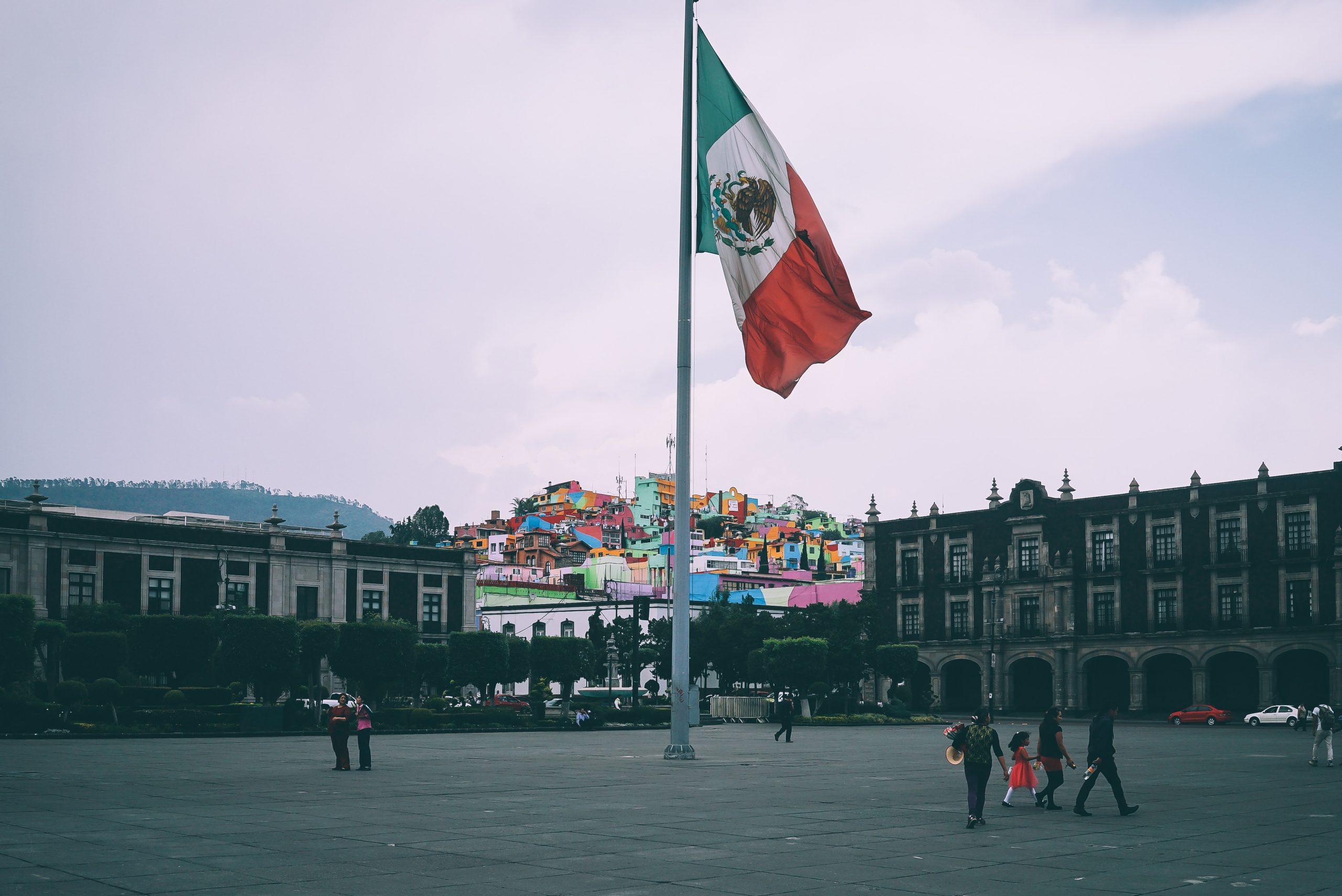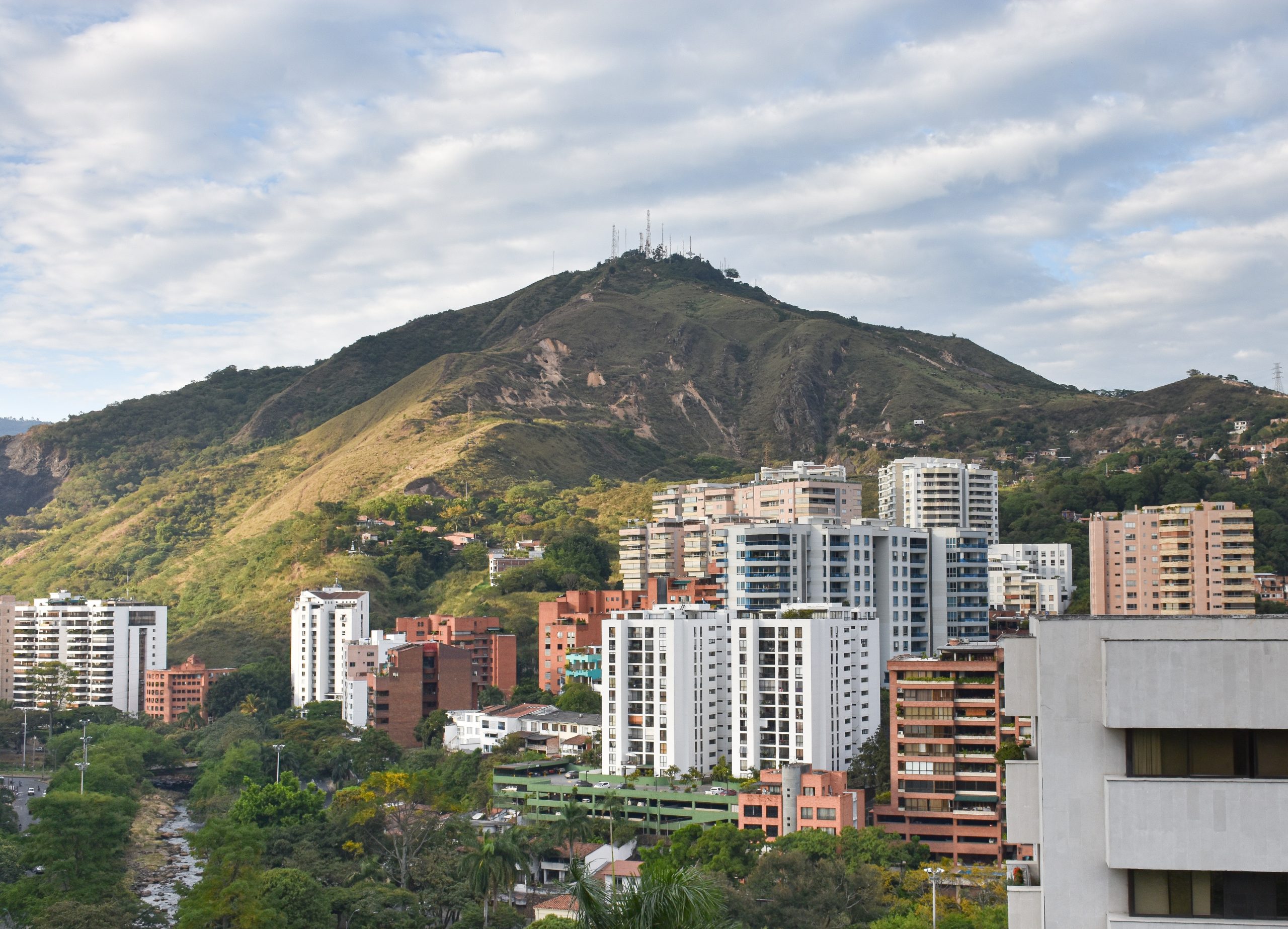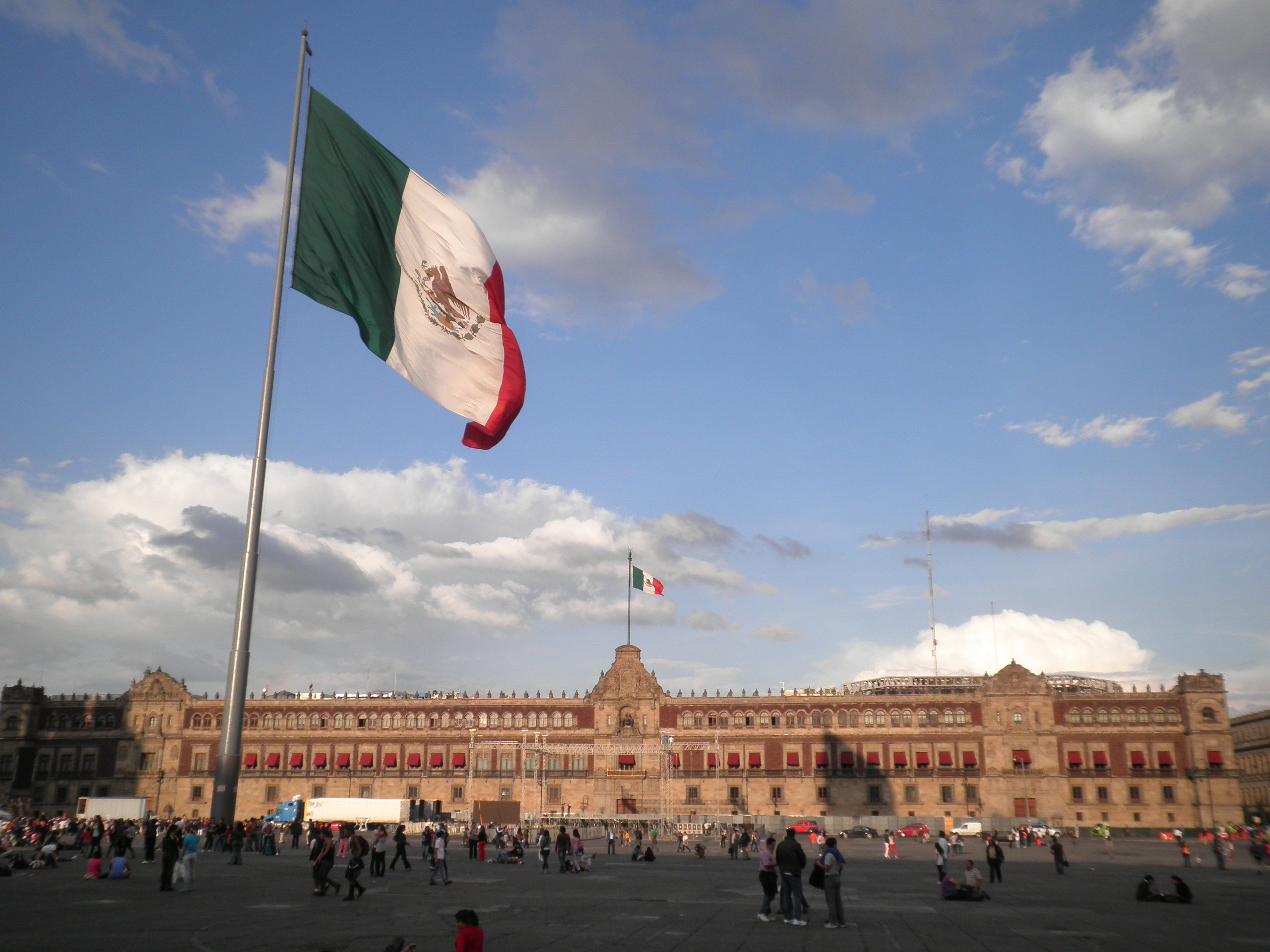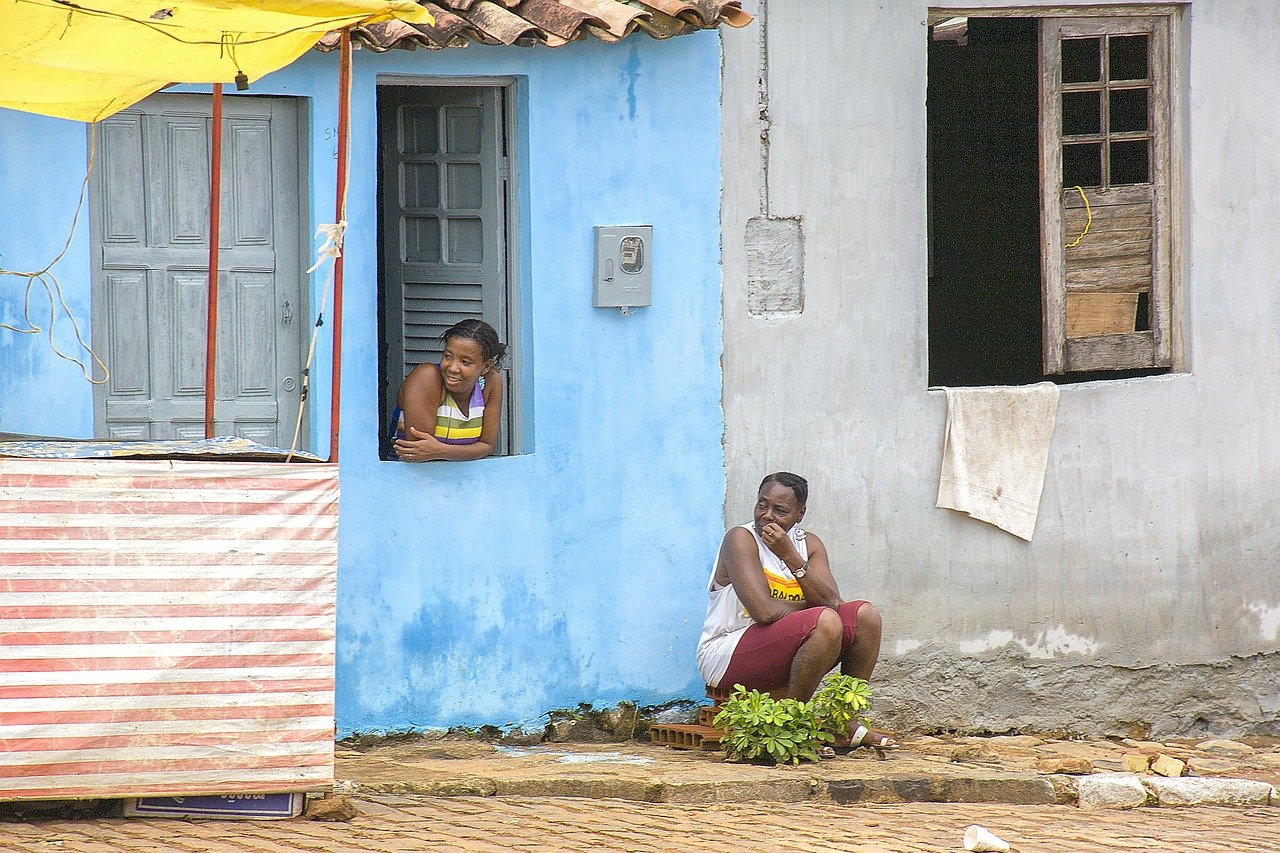Archives for organised crime
Understanding the Female Wildlife Offender: Lessons from the Case Files
Closed case reviews indicate that gender norms might be as harmful as they are helpful in understanding female involvement in wildlife crime, with better evidence needed to inform enforcement strategies. The role of women in relation to wildlife crime is viewed through a lens of localised gender norms, social conventions…
US Foreign Policy in Latin America: Wolf, are you there?
Image: Gen. Glen D. VanHerck, commander of U.S. Northern Command and the North American Aerospace Defense Command, testifies on Capitol Hill, March 16, 2021. The United States (US) continues its efforts to tackle illicit trafficking and organized crime at home but has further restrained its engagement in Latin America. It…
My Enemy’s Enemy is my Friend: Polarisation, Stigmatisation, and Political Violence in Colombia
As we approach Colombia’s election season, the prospect of an increase in political violence is at the front of many analysts’ minds. Colombia’s elections have often been bloody; five presidential candidates were assassinated in the 20th Century alone. Just a few years ago seven candidates were killed during the municipal…
Exploring the Nexus Between Crime and Politics: Why Latin American Criminal Groups Engage in Political Discourse
In Latin America, several armed groups, after having created and functioned as criminal organisations, have publicly engaged in political discourse. For these organised crime groups (OCGs), participating in plausible political dialogue is not easy. It requires certain members of the organisation to be constantly assigned to this purpose (which reduces…
Mexico’s 15-Year ‘War on Drugs’: An Imperfect Narrative
December 2021 marked the 15th anniversary of the so-called ‘war on drugs’ in Mexico. In that time – and as renowned sociologist Fernando Escalante has articulated – “too many certainties” have become commonplace in national discourse. In particular, a cacophony of expressions have repeatedly been used by government officials across…
Human Trafficking in a Post-Accord Colombia: A Persistent Trend of Targeted NNA Forced Recruitment
On November 26, 2016, the signing of the Peace Accord (hereinafter referred to as the Accord) between the Government of Colombia (GoC) and the Revolutionary Armed Forces of Colombia (FARC), was perceived by some citizens as the start of a new phase in the country’s violent history. Others felt it…
Violent Elections in Mexico: Why do they Matter?
One hundred and one politicians were assassinated during the latest electoral process in Mexico. This is the second consecutive election in the country that has suffered from widespread violence. Researchers registered a total of 1066 attacks: an increase of more than 38% relative to the previous 2018 election. Why have…
The Role of Investigative Journalism in Uncovering Organised Crime and Corruption in South Africa
In the fight against organised crime, it is important to identify policies, institutions, and actions that have a meaningful impact. The significance of the media – specifically investigative journalism – in this regard, should not be underestimated. This blog explores the importance of investigative journalism in South Africa in not…
Targeting Enablers of Transnational Crime: Insights from Operation Ironside
Operation Ironside, a global operation led by the FBI and the Australian Federal Police (AFP), came to a resolution in June 2021. Across Australia, 4,000 police executed search warrants and made arrests, capping a two-year investigation which was undoubtedly the most significant in Australian law enforcement history. Ironside struck a…
Organised Crime, Women, and the Post-Pandemic Landscape for Latin America
To date, female actors within organised crime structures have remained invisible. With the exception of well-known women who have inherited illicit businesses and operations from their jailed or deceased male family members – such as Mexicans Clara Elena Laborín Archuleta, wife of Héctor Beltrán Leyva (arrested in 2014), or Enedina Arellano Félix,…

